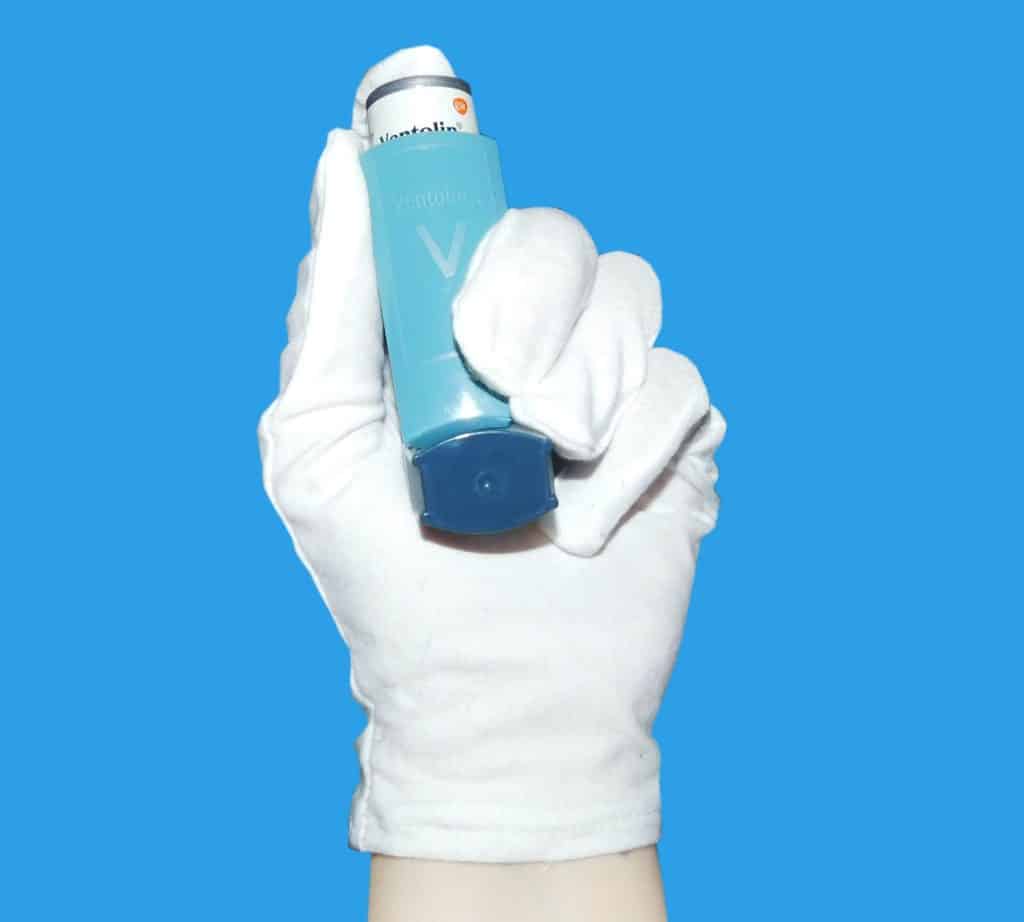
Asthma drug Dupixent sees positive results in child trials
pharmafile | May 18, 2021 | News story | Manufacturing and Production | FDA, asthma
Data presented at the 2021 American Thoracic Society International Conference from a Phase III trial of Dupixent (dupilumab) in children aged between 6 and 11, showed a significant reduction in severe asthma attacks and rapidly improved lung function within two weeks.
Dupixent is the only biologic medicine to improve lung function in children in this age group with uncontrolled moderate-to-severe asthma in a randomised Phase III trial.
In the Phase III Voyage trial, Dupixent also significantly improved overall asthma symptom control and reduced an airway biomarker of type 2 inflammation that plays a major role in asthma, called fractional exhaled nitric oxide (FeNO).
Leonard B. Bacharier, Professor of Pediatrics and Director of the Center for Pediatric Asthma Research, Monroe Carell Jr. Children’s Hospital at Vanderbilt University Medical Center in Nashville, and principal investigator of the trial said: “Children living with uncontrolled moderate-to-severe asthma experience serious and persistent symptoms that can impact many crucial aspects of their lives including school, sleep and exercise.
“The trial results show that dupilumab, when added to standard of care therapy, significantly reduced asthma attacks, rapidly improved lung function and improved asthma control, which is especially important to these children during a particularly formative time in their lives.”
Asthma is the most common chronic disease in children, with approximately 75,000 children aged 6 to 11 years living with the uncontrolled moderate-to-severe form of the disease in the US, and many more worldwide.
Despite treatment with current standard-of-care inhaled corticosteroids and bronchodilators, these children may continue to experience serious symptoms such as coughing, wheezing and difficulty breathing. They also may require the use of multiple courses of systemic corticosteroids that carry significant risks.
Children who have asthma with underlying type 2 inflammation, which is the most common cause of asthma in children, are more likely to have poor asthma control, more frequent asthma attacks and symptoms that interfere with day-to-day activities.
The Voyage trial was double-blind and placebo-controlled to determine the efficacy and safety of Dupixent at 100mg or 200mg every two weeks, combined with standard-of-care asthma therapy in 408 children with uncontrolled moderate-to-severe asthma.
Patients experienced a significant reduction in the rate of severe asthma attacks (65%) and improved lung function, observed as early as two weeks and sustained for up to 52 weeks, measured by percent predicted FEV1 (FEV1pp).
The safety results from the trial were generally consistent with the known safety profile of Dupixent in patients aged 12 years and older with uncontrolled moderate-to-severe asthma. The overall rates of adverse events were 83% for Dupixent and 80% for placebo.
Adverse events that were most commonly observed included injection site reactions (18% Dupixent, 13% placebo), viral upper respiratory tract infections (12% Dupixent, 10% placebo), and eosinophilia (6% Dupixent, 1% placebo).
The FDA are expected to make its decision on the use of Dupixent on children by 21 October, 2021.
Kat Jenkins
Related Content

GSK’s Jemperli accepted for FDA review for endometrial cancer treatment
GSK has announced that the US Food and Drug Administration (FDA) has accepted its supplemental …

FDA approves ImmunityBio’s Anktiva bladder cancer treatment
ImmunityBio has announced that the US Food and Drug Administration (FDA) has approved Anktiva (N-803, …

Roche’s Alecensa approved by FDA as lung cancer treatment
Roche has announced that the US Food and Drug Administration (FDA) has approved Alecensa (alectinib) …






